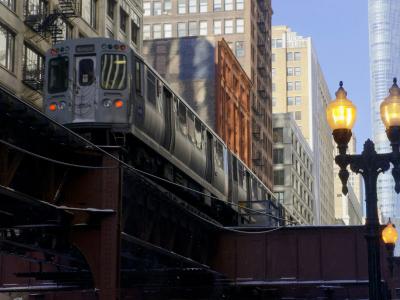-
State Data Overview
Across South Dakota, there is a shortage of rental homes affordable and available to extremely low income households (ELI), whose incomes are at or below the poverty guideline or 30% of their area median income (AMI). Many of these households are severely cost burdened, spending more than half of their income on housing. Severely cost burdened poor households are more likely than other renters to sacrifice other necessities like healthy food and healthcare to pay the rent, and to experience unstable housing situations like evictions.
KeyFacts30,961Or27%Renter households that are extremely low income-14,194Shortage of rental homes affordable and available for extremely low income renters$30,370Average income limit for 4-person extremely low income household$39,444Annual household income needed to afford a two-bedroom rental home at HUD's Fair Market Rent.64%Percent of extremely low income renter households with severe cost burden -
State Level Partners
NLIHC Housing Advocacy Organizer

Thaddaeus Elliott
State PartnersThere is currently no State Partner in this state. Learn the qualifications for becoming a State Partner.
Become an NLIHC State Partner
NLIHC’s affiliation with our state coalition partners is central to our advocacy efforts. Although our partners' involvement varies, they are all housing and homeless advocacy organizations engaged at the state and federal level. Many are traditional coalitions with a range of members; others are local organizations that serve more informally as NLIHC's point of contact.
Inquire about becoming a state partner by contacting [email protected]

-
Housing Trust FundHTF Implementation Information
NLIHC continues working with leaders in each state and the District of Columbia who will mobilize advocates in support of HTF allocation plans that benefit ELI renters to the greatest extent possible. Please contact the point person coordinating with NLIHC in your state (below) to find out about the public participation process and how you can be involved.
Current Year HTF Allocation$2,982,433
HTF State Resources2021
SDHDA HTF 2022 Program Reservation List; actually represents 2021 HTF Allocation (PDF)
HTF Allocation Plan (PDF)
2020
SDHDA HTF 2021 Program Reservation List; actually represents 2020 HTF Allocation (PDF)
HTF Allocation Plan (PDF)
2019
Coronavirus Relief Funds additions to HTF Projects (PDF)
SDHDA HTF Cumulative Program Reservation List; see “2020” which represent 2019 HTF Allocation (PDF)
HTF Allocation Plan (PDF)
2018
HTF Allocation Plan (PDF)
Annual Action Plan, with HTF description page 73 (PDF)
2017
HTF Reservation List (PDF)
April 13 draft amended 2016-2017 HTF Allocation Plan (PDF)
February 16 draft amended 2016-2017 Allocation Plan (PDF)
2016
HTF Cumulative Reservation List (PDF)
HUD Approved HTF Allocation Plan
State Designated EntityState Entity Webpage
South Dakota Housing Development AuthorityOfficial Directly Involved with HTF ImplementationRebecca Whidby
Housing Development Officer
605-773-7605
[email protected]DeNeil Taylor
Housing Development Officer
605-773-4247
[email protected]Chas Olson
Executive Director
South Dakota Housing Development Authority
605-773-4132
[email protected]NHTF-specific page
Housing Trust Fund
No link to Annual Action Plans -
ResourcesResources
Housing Profiles
State Housing Profile
State Housing Profile: South Dakota (PDF)
Congressional District Housing Profile
Congressional District Profile: South Dakota (PDF)
Research and Data
National Housing Preservation Database
The National Housing Preservation Database is an address-level inventory of federally assisted rental housing in the United States.
Out of Reach: The High Cost of Housing
Out of Reach documents the gap between renters’ wages and the cost of rental housing. In South Dakota and Nationwide
The Gap: A Shortage of Affordable Rental Homes
The Gap represents data on the affordable housing supply and housing cost burdens at the national, state, and metropolitan levels. In South Dakota and Nationwide
Explore Other States
